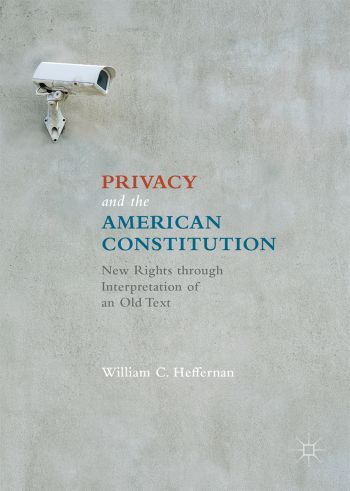We will be closed from 5pm Thursday 17th April for the Easter Bank Holidays, re-opening at 8.30am on Tuesday 22nd April. Any orders placed during this period will be processed when we re-open.

This book explains a paradox in American constitutional law: how a right not discussed during the ratification debates at Philadelphia and not mentioned in the text has become a core component of modern freedom. Rather, privacy is a constitutional afterthought that has gained force through modern interpretations of an old text. Heffernan defends privacy rights against originalist objections to its inclusion in modern constitutional doctrine, analyzes the structure of privacy claims, and provides a blueprint for protecting privacy against government incursion.
The book will appeal to a wide audience of students and researchers of criminal procedure, constitutional history, law-and-society, and sociology of law. Lawyers will find this book extremely valuable in addressing the statutory issues associated with modern privacy law.